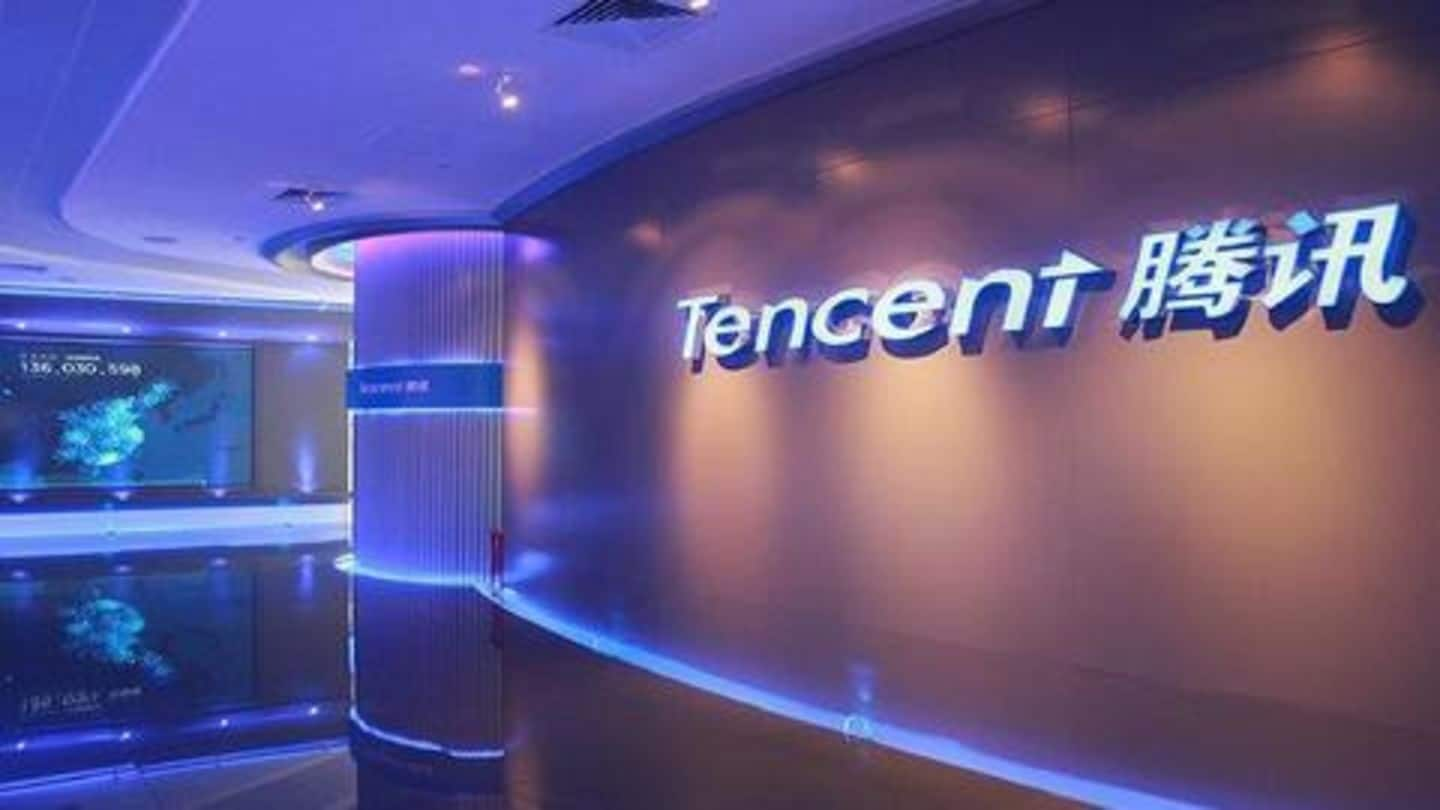
Tencent's AI is changing advertising: Here's how
What's the story
These days, companies shell millions to market their products and promote them through online platforms like Facebook/Instagram and offline channels like billboards, commercials, and movie/TV show sponsorships.
The work expands the reach of the business. And, now Chinese giant Tencent is working on a more impressive way to change the advertising game - embedding ads into existing videos/shows using AI.
Here's how it works.
Sponsored content
Conventional video advertising requires shooting with products
Brand-sponsored videos, which are aimed at both engaging the audience and promoting a particular product, mostly require the creators to shoot the content in such a way that the product in question appears from time to time.
Now, while this works like a charm, there can be times where featuring a product might seem obtrusive.
Solution
This is why Tencent has come up with a solution
Tencent, which happens to be one of the largest video platforms in China, has resorted to tackling this problem with AI.
Basically, instead of shooting videos with products from the scratch, the company is employing a sophisticated computer vision system to add products/banners (promoting something) into videos that have already been shot in the way they were supposed to.
Working
How this tech will work?
Tencent has partnered with Mirriad, a company developing computer vision and AI engine, to bring the ad-integrating tech and revolutionize the whole advertising scene.
The system, once in use, will seamlessly assess videos and add promotional content. So, if a person is holding a cup of coffee in a video, it will analyze the space and replace that cup with a branded one, instantly.
Twitter Post
Here's a small demo
Wow! Worth watching this. China's largest video platform #Tencentvideo (97M paying China subscribers) will begin inserting extra ads into movies/series that didn't exist in the original. #computervision pic.twitter.com/qltsQz9jdF
— Matthew Brennan (@mbrennanchina) October 15, 2019
Advantage
Ultimately, this could create a better brand-customer relation
While the ads placed by this tech may not be clickable, they will certainly have a subconscious impact on the viewer.
Not to mention, placing non-obtrusive ads at crucial scenes, moments could even have a lasting impact.
Currently, the tech is on a two-year-long trial on Tencent's platform, but if all goes well, it might go mainstream as well.